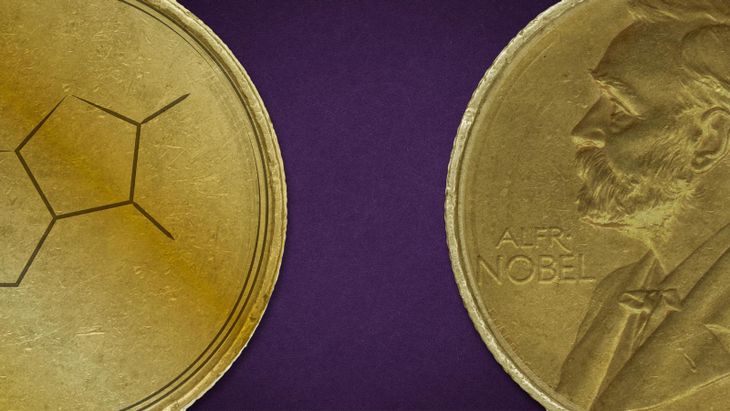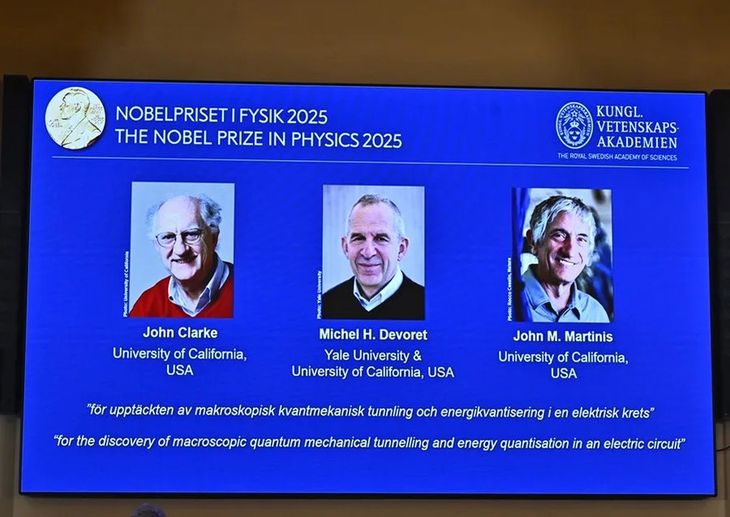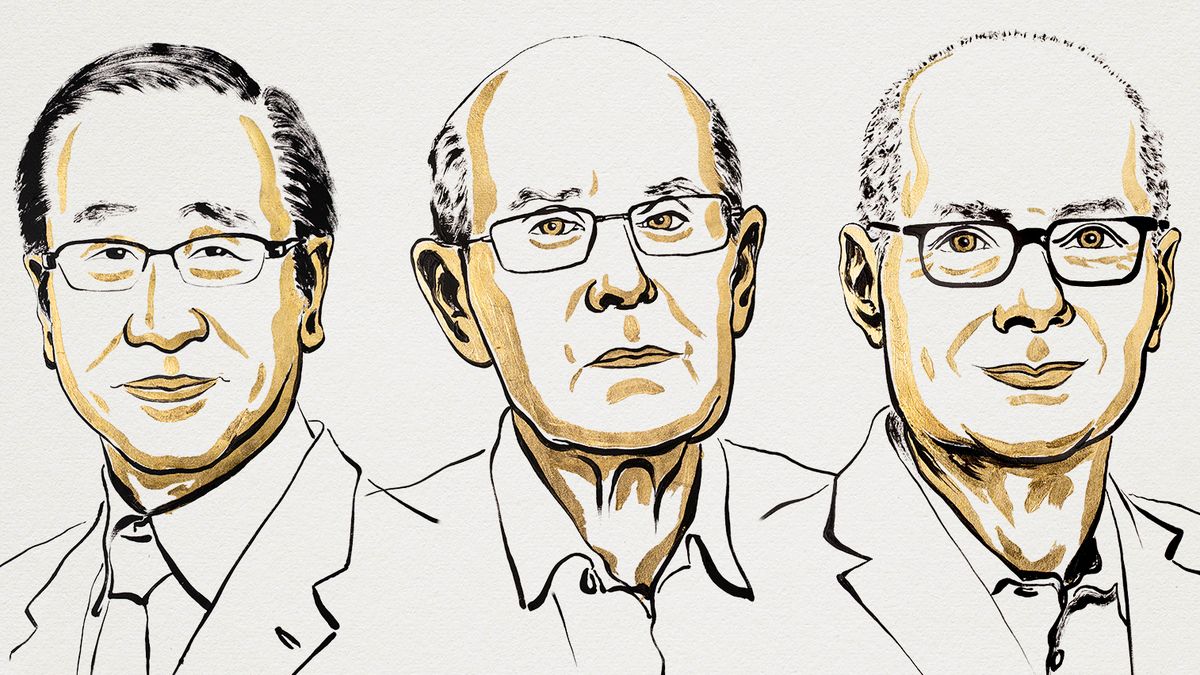Susumu Kitagawa, Richard Robson and Omar Yaghi were awarded for creating structures capable of storing gases, filtering pollutants and collecting water from the air.
Susumu Kitagawa, Richard Robson and Omar Yaghi This Wednesday they received the 2025 Nobel Prize in Chemistry for developing metal-organic structures, innovative molecular architectures that allow the flow of molecules and offer applications in hydrogen storage, CO capture, filtering contaminants and collecting water from the air in desert areas.
The content you want to access is exclusive to subscribers.
Metal-organic structures, known as M.O.F.they offer “new rooms for chemistry”according to the Royal Swedish Academy of Sciences. They can be used for extract pollutants from water, store hydrogen and capture carbon dioxide, expanding the possibilities of modern chemistry and the development of personalized materials with tailored properties.


Embed
BREAKING NEWS
The Royal Swedish Academy of Sciences has decided to award the 2025 #NobelPrize in Chemistry to Susumu Kitagawa, Richard Robson and Omar M. Yaghi “for the development of metal–organic frameworks.” pic.twitter.com/IRrV57ObD6— The Nobel Prize (@NobelPrize) October 8, 2025
Who are the award-winning scientists?
The winners of the 2025 Nobel Prize in Chemistry are Susumu Kitagawa, Richard Robson and Omar M. Yaghi, who developed innovative metal-organic structures. Kitagawa works at Kyoto University, Japan; Robson at the University of Melbourne, Australia; and Yaghi at the University of California, United States.
His discoveries allowed create molecular frameworks capable of storing gases, filtering pollutants and collecting water from the airapplications that expand the possibilities of modern chemistry.
nobel

The MOFs created by scientists make it possible to store hydrogen, capture carbon dioxide, filter pollutants and collect water from the air.
Nobel Prizes: tradition and scientific legacy
The award has more than a century of history and distributes 11 million Swedish crowns (US$1.2 million) among the winners. This is the third award announced in 2025, after those of Physics and Medicine. The awards of Literature, Peace and Economy will be announced this week. The delivery will be celebrated on December 10, the anniversary of the death of Alfred Nobel, chemist and inventor of dynamite.
Over the years, the Nobel Prize in Chemistry recognizes historical discoveries, such as nuclear fission, DNA sequencing and protein engineering. The last edition awarded David Baker, John Jumper and Demis Hassabis for the decoding and creation of new proteinsopening the way to pharmacological advances.
8c9b539e-cc95-4cdc-9c94-ab20b0b78a3a_16-9-aspect-ratio_default_0

The Nobel Prize in Chemistry awards US$1.2 million to the winners, recognizing their contribution to global scientific advancement.
The Nobel Prize in Physics went to three scientists for advances in quantum mechanics, key to computing
The Royal Swedish Academy of Sciences announced that scientists John Clarke, Michel H. Devoret and John M. Martinis they won the Nobel Prize in Physics for his research on tunneling effect in quantum mechanics.
The winners were distinguished for experiments carried out in the 1980swho demonstrated that a particle, on a quantum scale, can directly pass through a barrier comparable to a wall. This phenomenon is known as “tunnel effect”.
nobel-prize-physics

The Nobel Prize in Physics went to three scientists for advances in quantum mechanics.
According to the jury, the findings “paved the way for the development of the next generation of quantum technologiesin particular quantum cryptography, quantum computers and quantum sensors.”
Source: Ambito




